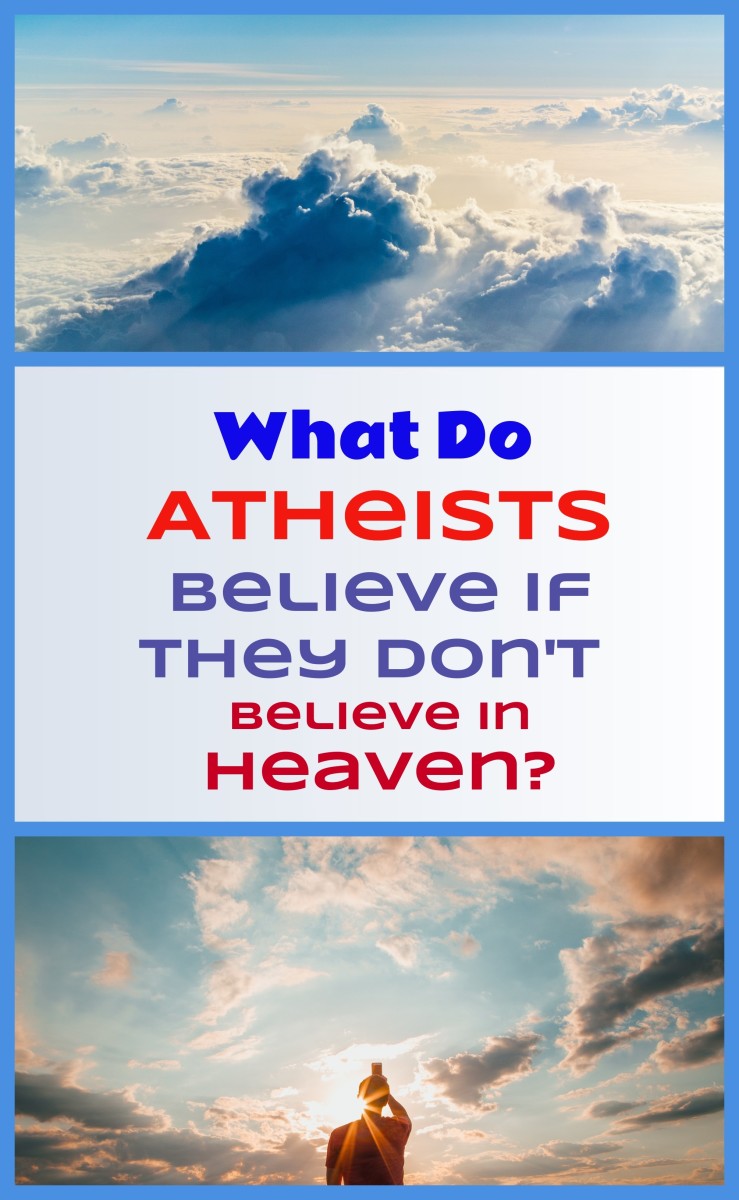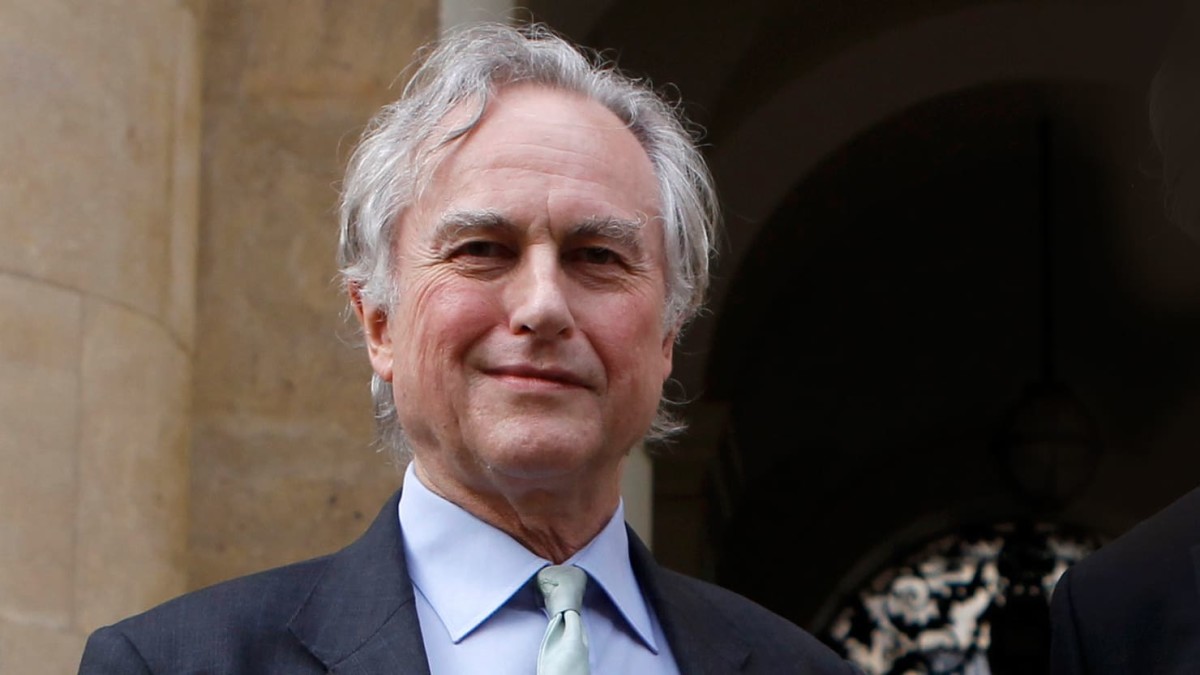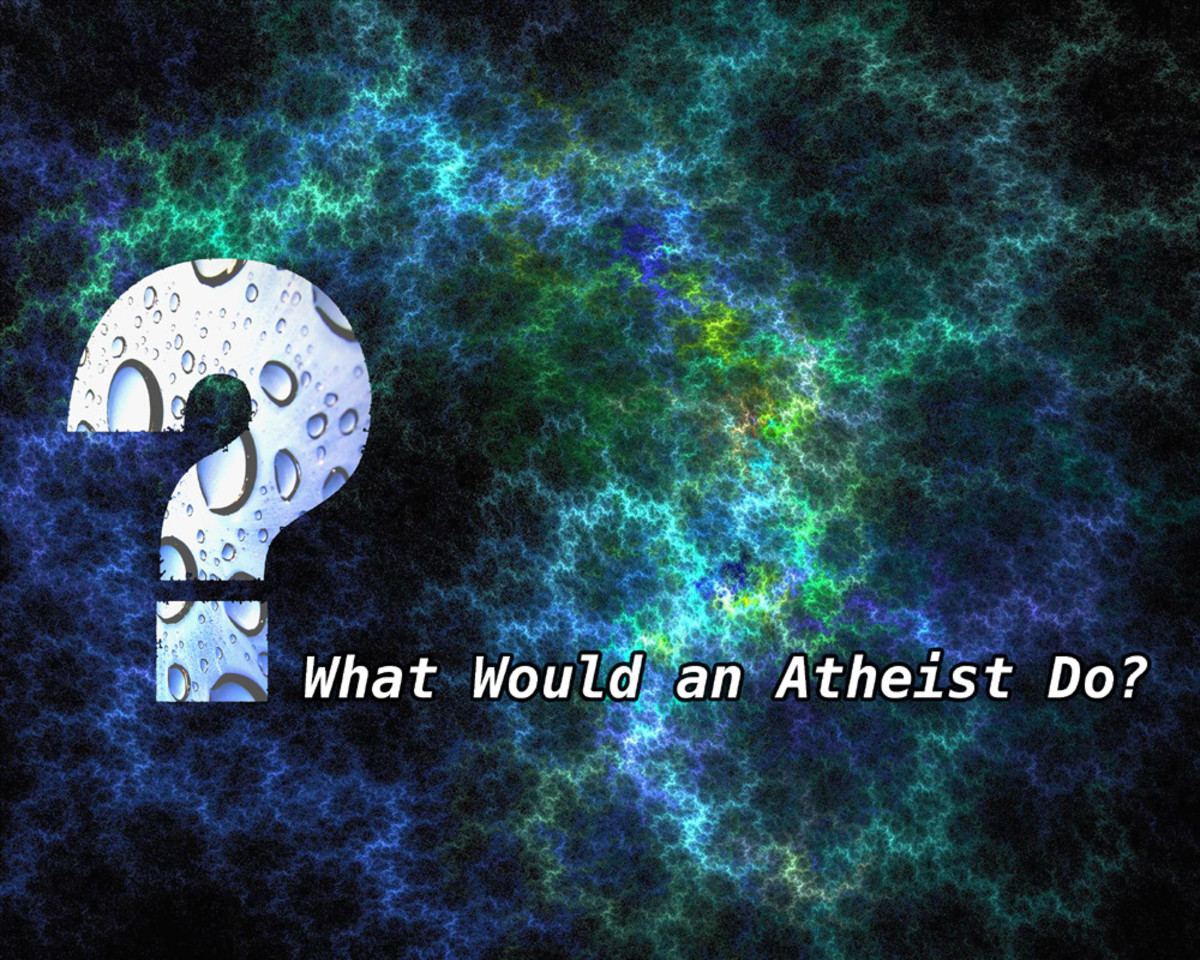Are Atheists Moral People?

I've spent enough time listening to theist/atheist debates to hear the main points on both sides and I can tell you that one of the central concerns is whether or not morality truly exists and whether atheists are moral people. Theists tend to hold the opinion that atheists are not moral and I realize I'm making a generalization here but it's tough to speak for everyone since theists disagree with each other on this point as often as they do on Bible interpretation or what attributes God has, or anything else pertaining to their beliefs. For the most part however, theists are confident that morality is an immutable thing, handed down by God. I'm not only alluding to the 10 commandments but also everything else God has ever told men about what they should and should not do. By assuming the existence of God, you have a very clear standard to live by, or so it would seem. The lines get blurry sometimes when God disregards his own rules and that's where interpretation comes in. Still, theists seem content in discriminating right from wrong based on the word of God and hold that atheists cannot possibly know morality unless there is some absolute, universal standard. Atheists like to live by their own understanding of right and wrong, which they maintain, serves them and their neighbors quite well. Are atheists moral people then? Well, to answer this we have to take a closer look at what morality actually is. I should also point out that, for no reason other than my own familiarity, I'm going to use Christianity as my primary example throughout this article.
The benefit of nourishment outweighs the benefit of $2

If we start with the dictionary definition of morality, we're no further ahead, as you'll see shortly. Morality, quite simply, is a set of principles by which we can distinguish right from wrong and good from evil. But what about these principles? Are any principles ok? What if my principles tell me it's ok to kill as long as I get what I want? There have been many tyrants in our history who convinced people that what they did was the "right thing to do". You see, in an atheistic world view, morality is not universal. Instead, it is relative. What's right for me may not be right for you. Realistically, moral codes are established by large groups of people in a given area and evolve over time. A country for example enacts laws based on a consensus of authorities as to what is acceptable behavior and what is not. Those who violate these laws are considered offenders because they are doing something that the majority deems unacceptable. The time and place are relevant to an interpretation of morality. One country may believe the death penalty is an acceptable form of punishment while another does not. Slavery may be ok hundreds of years ago where today it is not. Morality, in the eyes of an atheist, is not only relative, but personal as well. Individuals therefore feel COMPELLED by their own conscience to do things they believe are good, if they are good people and good is measured by that individual, often by observing the effects their actions have. If their actions seem to produce a measurable benefit, then there's a case to be made that those actions were good. But again, without a standard, the word morality seems to evaporate into nothing. It becomes an abstraction to be pondered by philosophers and we are all making it up as we go along.
Please forgive me for my sins so I can live with you in paradise

For the theist, things are much simpler. God makes his intentions known via scripture so humans are without excuse if they don't follow his word. It should be noted that there is much inconsistency in the Bible with regards to how strictly these rules are followed, in various contexts, as evidenced by the often frivolous waste of human life, at the hands of God and his disciples. It should also be noted that many of the things God says are "bad", like working on the Sabbath, are blatantly disregarded by the majority of believers today. However the popular interpretation of the Bible is that we should emulate Jesus and follow his teachings, which are broadly based on the 10 commandments. For a theist, there absolutely is a universal system for distinguishing right from wrong. It never changes. This would seem to solve the problem of defining morality. Furthermore, the theist would offer 2 challenges to the atheist at this point.
1) If morality is subjective, as the atheist claims, then countries like the United States and others consisting of a mostly theistic population would consider atheists immoral for not following the word of God. It's an ad populum argument that actually, technically works because the atheist acknowledges that the majority sets the standard for what is "beneficial" to "the whole" since they largely represent "the whole".
2) If morality isn't subjective and it is the word of God, atheists are still immoral because they do not follow the word of God.
While the first argument has some merit, it focuses on the general consensus of a population and disregards the individual's personal code and whether that code is objectionable. More importantly, I think we have to conclude that the strict academic meaning of the word morality fails to adequately define the nature of a human being. Whether an atheist fits one definition of morality or not, the more important question is: Is this the type of person who acts in good faith and in the best interests of everyone? Actions speak louder than words. Strictly speaking, if one doesn't believe in god, he's automatically immoral, whether because God said so or because he's outnumbered by people who say he doesn't follow THE WORD. But is he a bad person? Does working on a Sunday or wanting his neighbor's car pose a threat to the well-being of humanity?
If you had 2 equally qualified candidates for a babysitter job, one believed in God, the other did not, who would you pick?
In the animal kingdom we do not see every animal killing everything in sight at every opportunity. Instead we see evidence of cooperation, empathy, restraint and loyalty. Where do these qualities come from? Certainly animals have no awareness of God. The answer is that by behaving in what could arguably be called a moral way, these animals maximize the chances of survival and reap the benefits of collaboration with each other. They learn that by doing things that do not benefit (or injure) the interests of the collective, they are more likely to be rejected, possibly killed and so it's far better for animals to have a bare minimum of certain virtues so that they may form a natural equilibrium with the ecosystem in which they live. As humans, we like to think of ourselves as something greater than animals. In many ways, we are higher beings but in truth we care for one another and refrain from harmful activity (for the most part) for the same reasons as animals. Even the criminals of society have an appreciation for the risks they take by going against the grain.
Morality is more than just words and criteria
I maintain therefore that there is an ineffable quality to higher organisms, akin to morality, which is not absolute but present nonetheless. It may be thought of as a standard but like a moving target, it slowly evolves as the needs of the organisms and their environment do. We humans may aspire to a higher standard, where simply co-existing is not enough. We seek to better ourselves and to treat each other in a way that maximizes the quality of life for everyone. Does an atheist fit the bill? Does an atheist's lack of belief in a supernatural power interfere with his ability or willingness to enhance quality of life for himself and others? No, it does not. Atheists are no different than any other healthy, capable thinker. From experience, they already have the most basic, naturalistic understanding of right and wrong, just as animals do. They can also apply a brand reason and empathy that no other animal could match, to build upon that foundation and guide their actions through life, to seek the best possible outcome for unique problems they have yet to encounter. Unfortunately our "sophistication" among animals also makes us vulnerable to personal ambitions that sometimes override our compulsion to do good. However everyone alike is flawed in this way. Belief in God may make you fear hell or the wrath of God but we have seen before that crimes against humanity have been justified based on radical interpretations of so-called "universal" morality. Furthermore I am somewhat troubled by the prospect that people abstain from injurious activities because they are threatened with a punishment they cannot escape. If an atheist thinks (or knows) he can get away with a crime but does not commit the crime because his conscience prevailed, is that not more redeeming of the person's character than, "I don't want to go to hell."?
Are atheists moral people? To be honest, I no longer care. What I mean by that is, the word has lost meaning to me. It's not what I look to judge a person by. Our standard of care for each other is the benchmark by which we are judged, not a rigid definition. Being an upstanding person who is seen as an asset to society and who is loved by friends, family and strangers alike means far more than trying to fit that person into a philosophical category. The rest I leave to you to decide.








